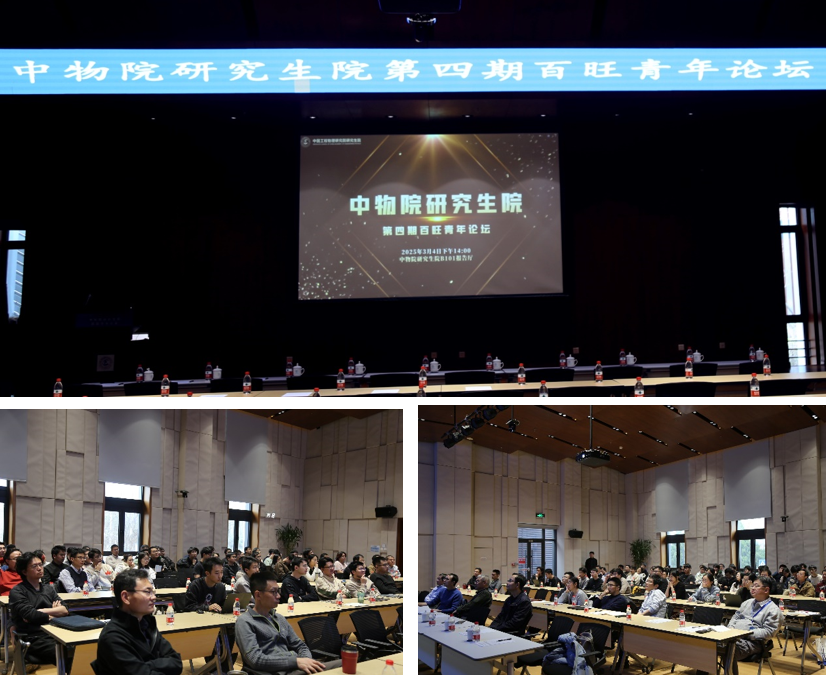
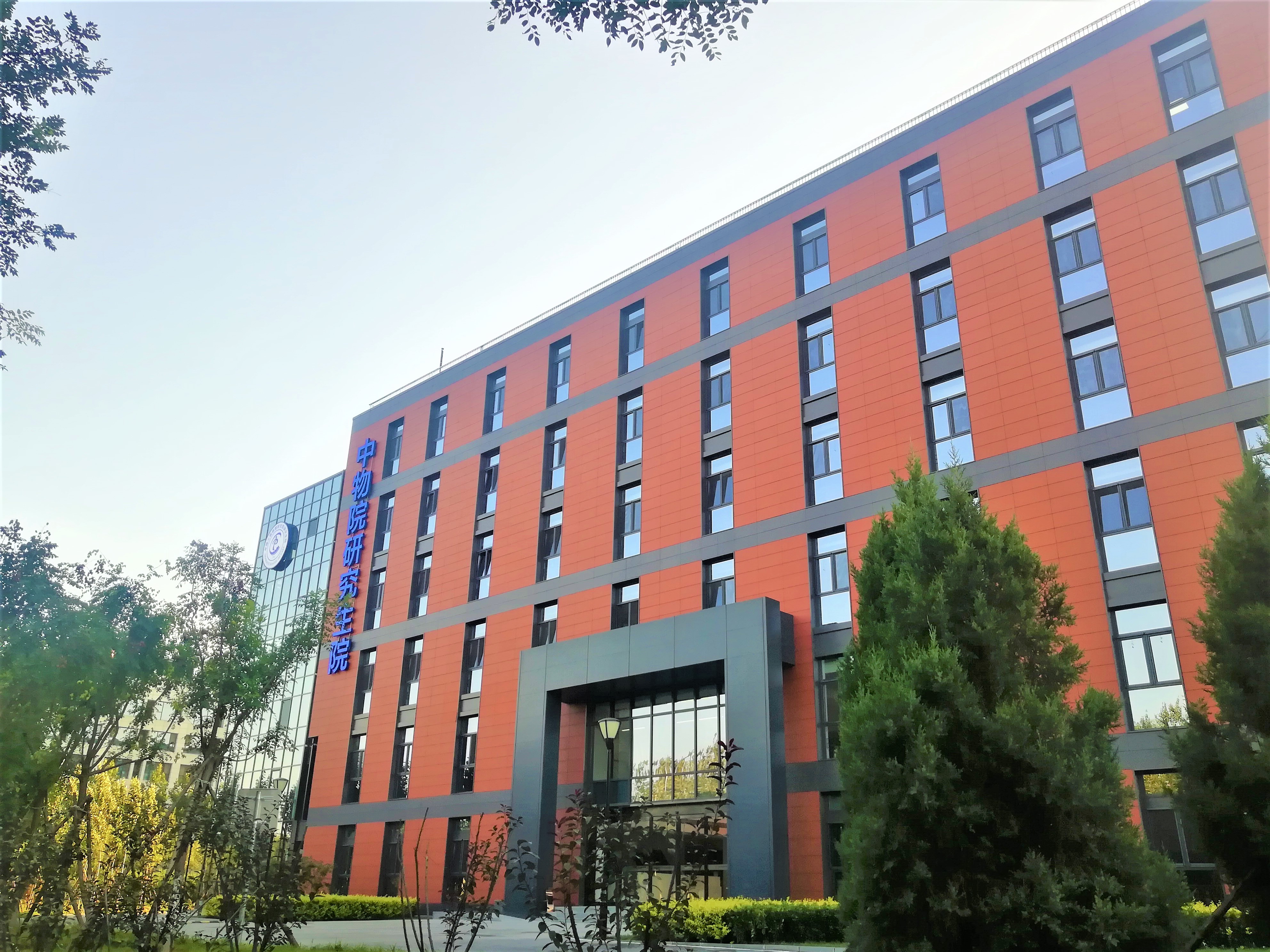
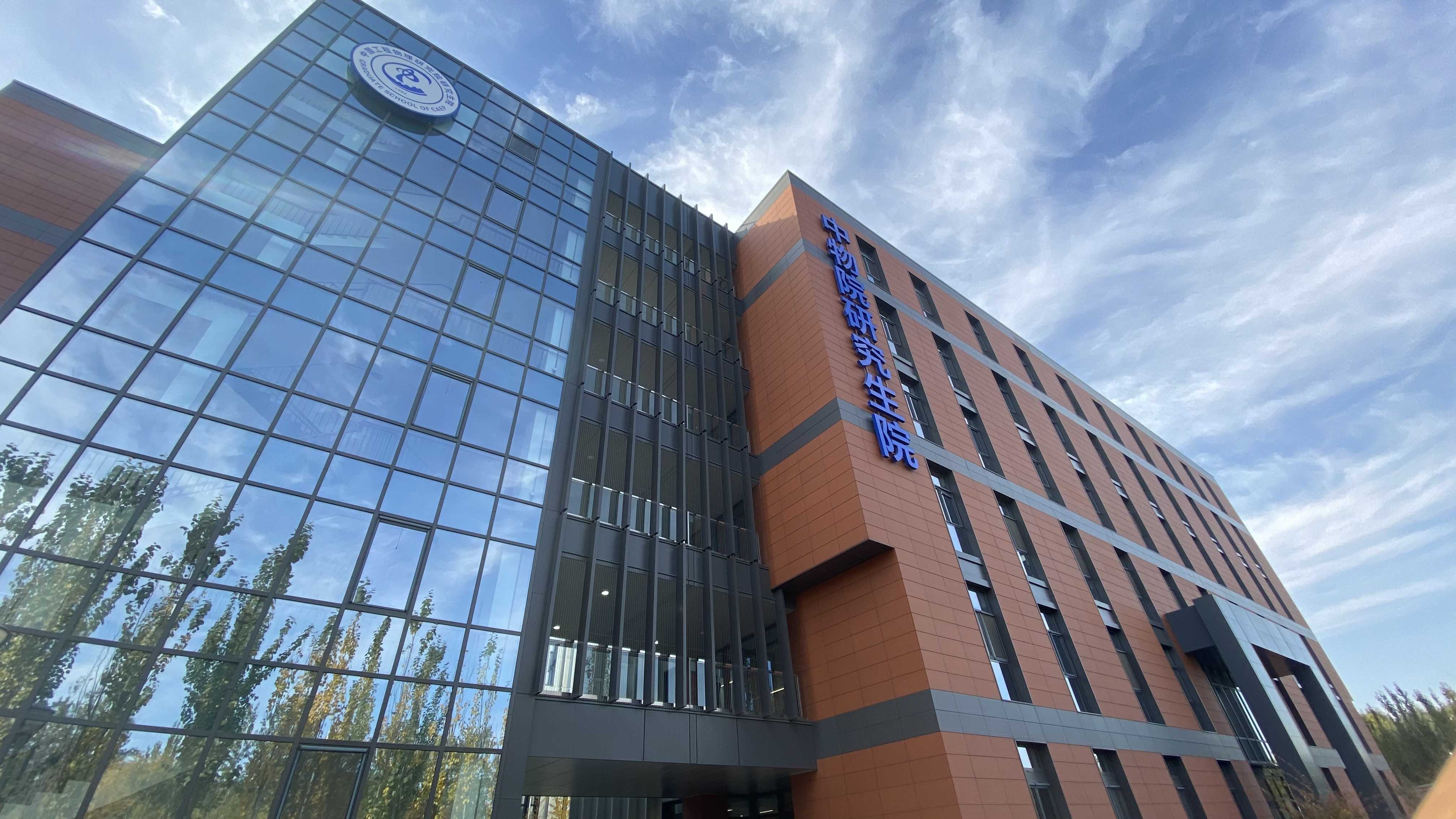
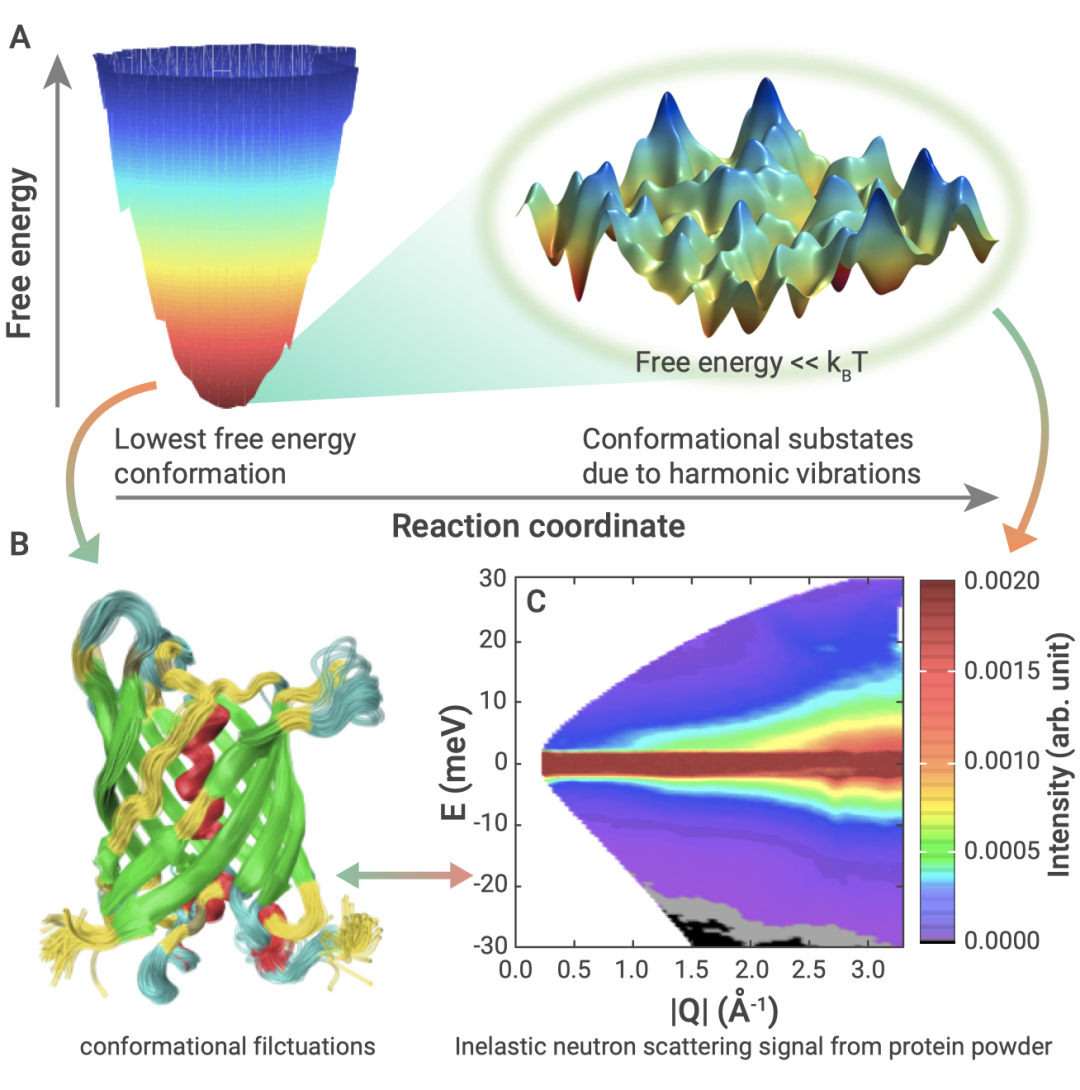

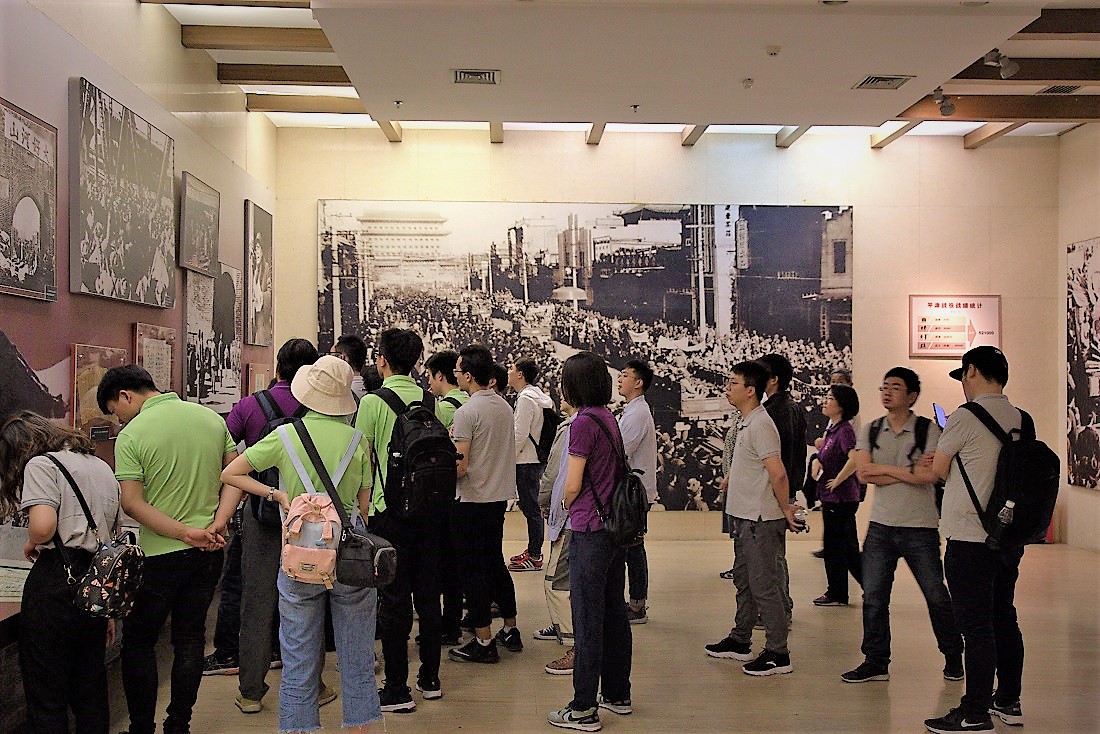









On the morning of March 11, Professor Li You from the Department of Physics at Tsinghua University was invited to speak at the Baiwang Science Forum, delivering an insightful academic lecture titled Quantum Information Science and Technology Based on Atomic Qubits at the Software Park Campus of the CAEP Graduate School. The forum was hosted by Associate Researcher Yu Chen, with Academician Changpu Sun, Deputy Dean (Acting Head of Administration) Libin Fu, and nearly seventy other experts, scholars, and graduate students in attendance.
At the beginning of the lecture, Professor Li You used a humorous and engaging narrative to review his academic journey—from his undergraduate explorations, to pursuing further studies in the United States, and eventually returning to China to engage in scientific research. Drawing from his extensive research experience, he provided young scholars with an inspiring perspective on how to step into the field of quantum information science based on atomic qubits. During the presentation, Professor Li introduced fundamental concepts such as the Bloch sphere and quantum interference in an accessible manner. He emphasized that qubits constructed using atomic internal states offer unparalleled coherence, controllability, and scalability. Ensembles of identical atomic qubits exhibit advantages over classical systems in quantum communication, precision quantum measurement and sensing, and quantum simulation and computing.
Professor Li then shared his team’s recent research on quantum-enhanced precision measurement and atomic array quantum simulation:
1.Breaking the Standard Quantum Limit (SQL) in Parameter Sensing:
Entangled atomic qubit ensembles can reduce quantum noise in linear interferometric measurements, and time-reversed interactions can amplify signals in nonlinear interferometry without amplifying noise—both demonstrating precision levels surpassing the SQL.
2.Quantum Simulation and Computing with Programmable Atomic Arrays:
By encoding atomic internal states, the strong dipole-dipole interactions between atoms in Rydberg states lead to blockade effects, enabling conditional dynamics. This can be applied to simulating strongly correlated quantum many-body systems and implementing universal quantum computation based on quantum logic gates.
At the end of the lecture, Professor Li summarized the core content and provided a forward-looking perspective on the future development of quantum information science and technology. His captivating presentation sparked great interest among the attendees, leading to an enthusiastic discussion. Faculty members and students actively engaged in in-depth exchanges with Professor Li on key topics such as quantum computing technology pathways.
About the Baiwang Science Forum
The Baiwang Science Forum is a high-level academic forum jointly organized by the CAEP Graduate School, the Beijing Computational Science Research Center, and the Beijing High Pressure Science Research Center. The forum regularly invites distinguished scholars from China and abroad to present cutting-edge scientific reports, with a focus on fundamental scientific research. It aims to provide researchers with diverse perspectives, a platform for academic exchange, and inspiration for interdisciplinary collaboration. Since its inception, the forum has successfully held ten sessions, each generating significant interest and discussion.
Moving forward, the CAEP Graduate School will remain committed to advancing academic progress by inviting outstanding scholars from top research institutions and universities worldwide to share pioneering scientific insights. The forum will continue to foster deep interdisciplinary integration, inspire innovative thinking, and contribute to the flourishing development of scientific research.
